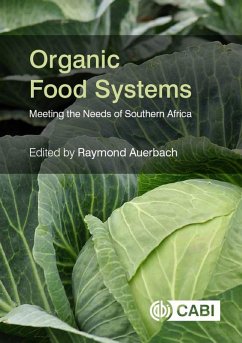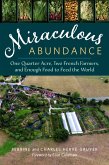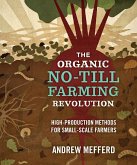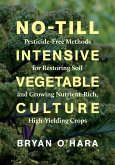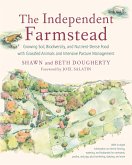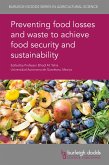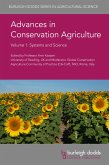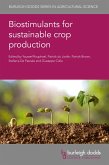Organic agriculture world-wide allows farmers to produce healthy food with low levels of external inputs, and often shortens the value chains, giving farmers a higher share of the consumer dollar. This book reports on long-term comparative organic farming systems research trials carried out over the last four years in South Africa's Southern Cape, as well as research on the organic sector and the technical tools it requires in South Africa, Zambia, Uganda and Tanzania. The trials show how the yield gap between organic and conventional crops was closed over 3 years. Water use efficiency was also greater in the organic farming system, and pests and diseases were effectively controlled using biological products. Farmer training approaches, soil carbon analysis, participatory guarantee systems, the Zambian organic farming sector (agronomy) and Ugandan organic farmer training support, and a sector plan for southern African organic farming are examined.
Dieser Download kann aus rechtlichen Gründen nur mit Rechnungsadresse in A, D ausgeliefert werden.

